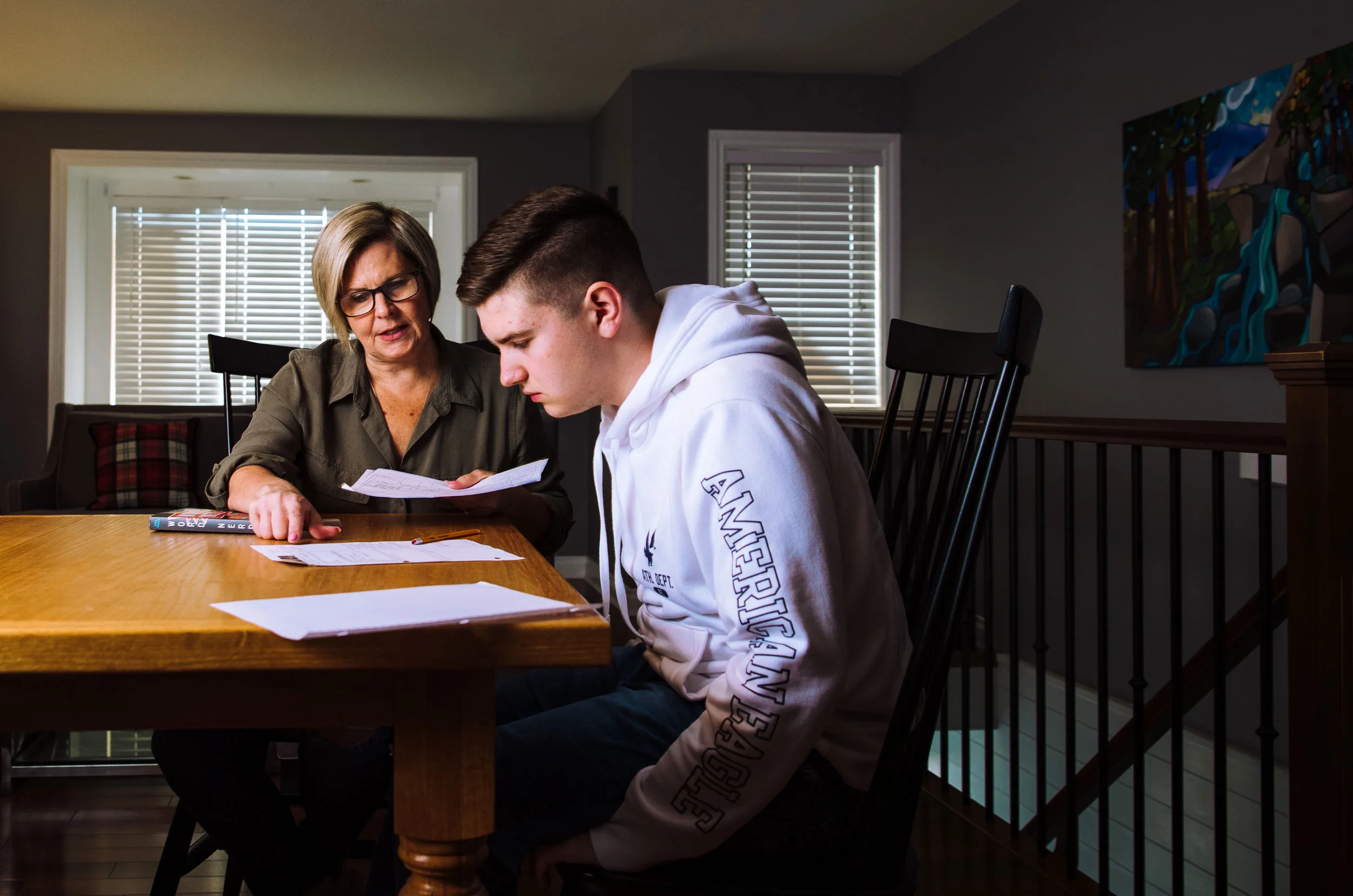Summary:
During the 14-year fight between the BC government and teachers, a generation of students with special needs had their supports and inclusion steadily eroded. Now Inclusion BC calls for an urgent response to ensure public schools can restore inclusion, lost access and special education supports.
New Westminster, B.C.— Canada’s highest court has ended a 14-year legal fight over the B.C. government’s stripping of class size and composition measures from the teachers’ contract in 2002, raising urgent new questions about how public schools will meet their obligations to offer inclusive education to all students while restoring lost access and supports for students with special needs.
In siding with the B.C. Teachers Federation in its Nov. 10 ruling, the Supreme Court of Canada rejected repeated attempts by the B.C. government to eliminate class size and composition limits, along with specialist teacher ratios, from the teachers’ collective agreement. Following the ruling, B.C. Premier Christy Clark has accepted that responsibility now rests with the Province to invest new funding and lead discussion on how to restore what was lost.
Inclusion BC would applaud a Provincial response that includes sufficient new funding, along with a respectful and broadly inclusive process to guide development of new measures to make classrooms more manageable, as this would go far in resolving some of the most chronic challenges in B.C.’s public schools.
It will require significant new funding and a thoughtful approach to get it right, however. Class size and composition limits that are un-funded or poorly-designed would only create new barriers—further eroding access for students with special needs and denying more children their fundamental rights to an inclusive public education.
As Premier Clark’s government pursued its costly legal battle with the BCTF, students with special needs were caught in the middle, and an entire generation of K-12 students saw their rights to a free public education, inclusion and special educational support steadily eroded. When BC introduced Bill 33 in 2006, capping the number of students with special needs in K-12 classrooms, it intensified concerns that the commitment to inclusive education was being further eroded.
Neglected or shut out of their local public schools, many students and their families have been forced, with the Province’s encouragement, to turn to private, segregated learning institutions as a crisis solution – one that Inclusion BC has stressed is an entirely unacceptable substitute for failing to provide quality inclusive education for all students in their local public schools.
“There is concern among families that restoring class composition limits for students with special needs without adequate funding or a real commitment to inclusion will accelerate these worrying trends and result in even more children being shut out of integrated classrooms and local public schools,” said Inclusion BC President Jackie Carpenter, who is also the mother of a student with special needs.
This highlights the importance of providing adequate resources and a sound process – one that includes families, special education experts and inclusion advocates along with the BCTF and Provincial authorities – to design and implement new measures to address class size and composition.
“Without adequate resources and a firm commitment to inclusive education in our schools, we certainly expect more families will be forced to leave their communities or to pay privately to educate their child with special needs,” Inclusion BC Executive Director Faith Bodnar added.
Inclusion BC has emphasized that BC’s new private learning institutions, or Special Education Schools, represent an elitist and outdated model that only serves a privileged minority, with access to their specialized services severely restricted by both geography and financial means.
“It is timely to reiterate that segregated private institutions are not a solution to the challenges facing students with special needs in our public schools,” Bodnar said. “Some parents may choose private options, but decades of research affirm that well-supported, quality inclusive education benefits all students.”
“Inclusive education and free public education are fundamental rights for all students and the majority of students with special needs will always rely on our public schools to access those rights,” Carpenter added. “It’s not just a right but the first choice for most BC families.”
Inclusion BC wishes to work with all partners and the BC Government to help ensure that this hard-fought legal victory for BC’s teachers ends up bringing new hope, not another blow to BC’s most vulnerable students.
“Instead of investing new dollars to expand segregated institutions, as Premier Clark did recently, we’re calling for a re-investment in our public schools and an assurance that all contract provisions, including class composition, specialist teacher ratios, and training requirements, will be fully funded and thoughtfully implemented with the best interests of students as the top priority,” Bodnar added.
“Premier Clark and Education Minister Mike Bernier have a duty to ensure that our public schools are resourced and held accountable for providing high-quality, inclusive education to all BC students, as required under the United Nations conventions to which Canada is a signatory.”
-30-
Quick Links:
Inclusion BC – Inclusive Education
Supreme Court of Canada – announcement and case summary
Contact:
Faith Bodnar
Executive Director
604.777.9100 x. 516 (office)
604.764.2591 (cell)
fbodnar@inclusionbc.org
Dawn Steele
Communications
604.777.9100 x. 510 (office)
604.374.1530
dsteele@inclusionbc.org


